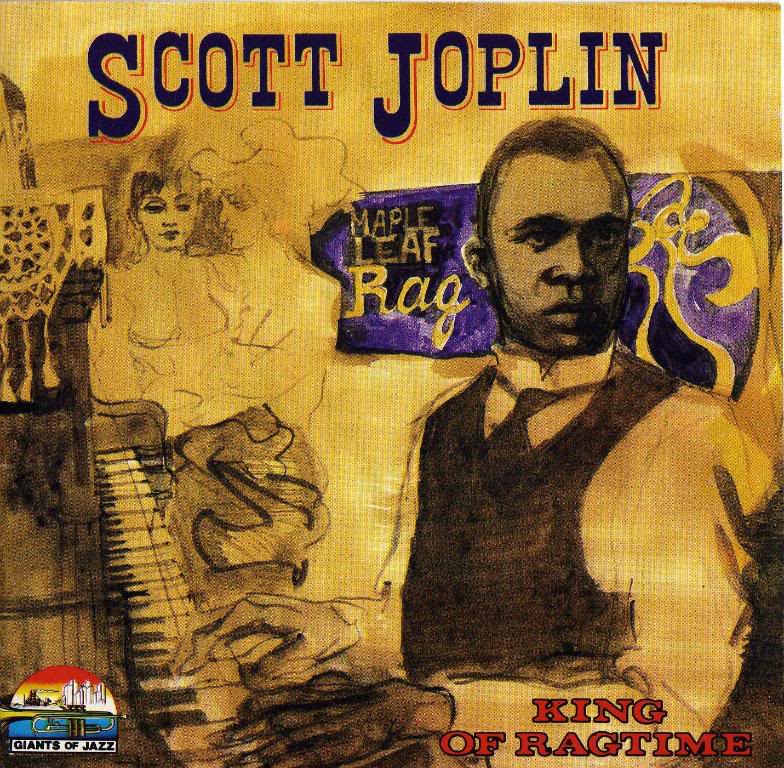

There were fewer sets there, and I did not attend any.

This year’s free sets were held in the Stark tent, which is set up as usual on Fifth Street alongside the courthouse the new “pavilion on Ohio” at the southwest corner of Second and the Katy Depot at 600 East Third. But they were pressed into service, to the delight of the audience, as subs. Louis but had not planned to be on the roster. Valerie Kirchhoff, a/k/a Miss Jubilee, and her musical partner, barrelhouse pianist Ethan Leinwand, came from St. The Festival did a good job of finding subs and adjusting the schedule, but apparently not soon enough to make public announcements of the changes. Three more musicians had to cancel at the last minute due to COVID exposure: Brian Holland, Bill McNally, and a new name to me, Marilyn Nonken. There were four non-pianists on the agenda: violinist David Reffkin, a well-known figure in the ragtime genre who has been there many times vocalist Joyce Richardson, a retired music teacher from New Jersey, plus a regular, drummer Danny Coots, and a newcomer (but not to me), multi-instrumentalist T.J. The others were making their Joplin premieres. She has performed at several past Joplin festivals. Virginia, I learned, has an extensive pedigree not only in ragtime but also in the classical field. These included pianists Peter Bergin, Dick Moulding, Jonathan Levin, and Virginia Eskin.

An exemplary roster of performers were on the card, several of whom were new to me.

But for the distance, I would attend more often. I attended that event, as well as the 20 editions. This was the first in-person festival since 2019, and the feeling of joy was as evident among the musicians as among the audience. And by then the humidity was creeping up, perhaps to remind us that the weather we had enjoyed the past few days was not the norm in Missouri in June. Well, almost there was a brief light shower during the last set in the Stark tent on Saturday afternoon. After a cold front dumped 2.9 inches of rain on Sedalia, enough to be the most anywhere in the US that day, just before the event opened, the skies cleared and ushered in three days of delightful temperatures and low humidity. In 1976, Joplin was posthumously awarded a Pulitzer Prize.The weather gods smiled on this year’s Scott Joplin Ragtime Festival on June 1-4 in Sedalia, Missouri. Treemonisha was finally produced in full, to wide acclaim, in 1972. This was followed by the Academy Award-winning 1973 film The Sting that featured several of Joplin’s compositions, most notably “ The Entertainer“, whose performance by pianist Marvin Hamlisch received wide airplay. Joplin’s music was rediscovered and returned to popularity in the early 1970s with the release of a million-selling album recorded by Joshua Rifkin. Joplin’s death is widely considered to mark the end of ragtime as a mainstream music format over the next several years, it evolved with other styles into stride, jazz, and eventually big band swing. He was admitted to Manhattan State Hospital in January 1917, and died there three months later at the age of 48. In 1916, Joplin descended into dementia as a result of syphilis. His second opera, Treemonisha, was never fully staged during his lifetime. He attempted to go beyond the limitations of the musical form that made him famous, but without much monetary success. In 1907, Joplin moved to New York City to find a producer for a new opera. The score to his first opera A Guest of Honor was confiscated in 1903 with his belongings for non-payment of bills, and is now considered lost. Louis, where he continued to compose and publish, and regularly performed in the community. It also brought Joplin a steady income for life, though he did not reach this level of success again and frequently had financial problems. This piece had a profound influence on writers of ragtime. He began publishing music in 1895, and publication of his “Maple Leaf Rag” in 1899 brought him fame. There he taught future ragtime composers Arthur Marshall, Scott Hayden and Brun Campbell. Joplin moved to Sedalia, Missouri, in 1894 and earned a living as a piano teacher. He went to Chicago for the World’s Fair of 1893, which played a major part in making ragtime a national craze by 1897. During the late 1880s he left his job as a railroad laborer and travelled the American South as an itinerant musician. While in Texarkana, Texas, he formed a vocal quartet and taught mandolin and guitar. Joplin grew up in a musical family of railway laborers in Texarkana, Arkansas, and developed his own musical knowledge with the help of local teachers. The Entertainer Maple Leaf Rag Elite Syncopations The Ragtime Dance The Easy Winners Weeping Willow The Cascades A Breeze From Alabama The Favorite Gladiolus Rag Cleopha


 0 kommentar(er)
0 kommentar(er)
